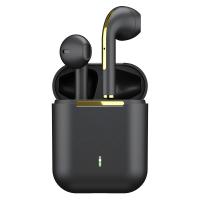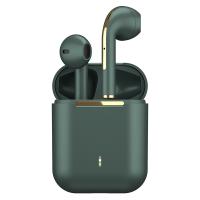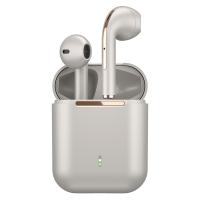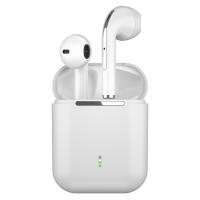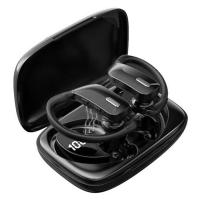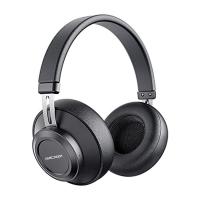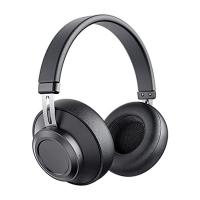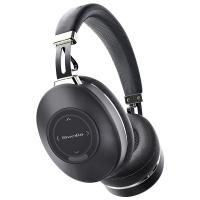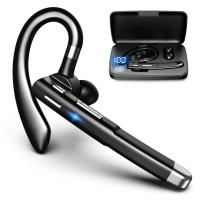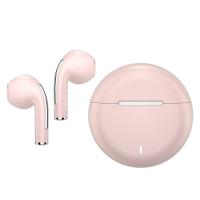Can I Connect Bluetooth Headphones To Switch?
In recent years, the Nintendo Switch has become one of the most popular gaming consoles, thanks to its versatility and extensive library of games. One common question among Switch users is whether they can connect Bluetooth headphones to the console. This article will explore the various methods available for connecting Bluetooth headphones to the Nintendo Switch, the benefits of doing so, and some practical tips to enhance your gaming experience.
Understanding the Nintendo Switch's Bluetooth Capabilities
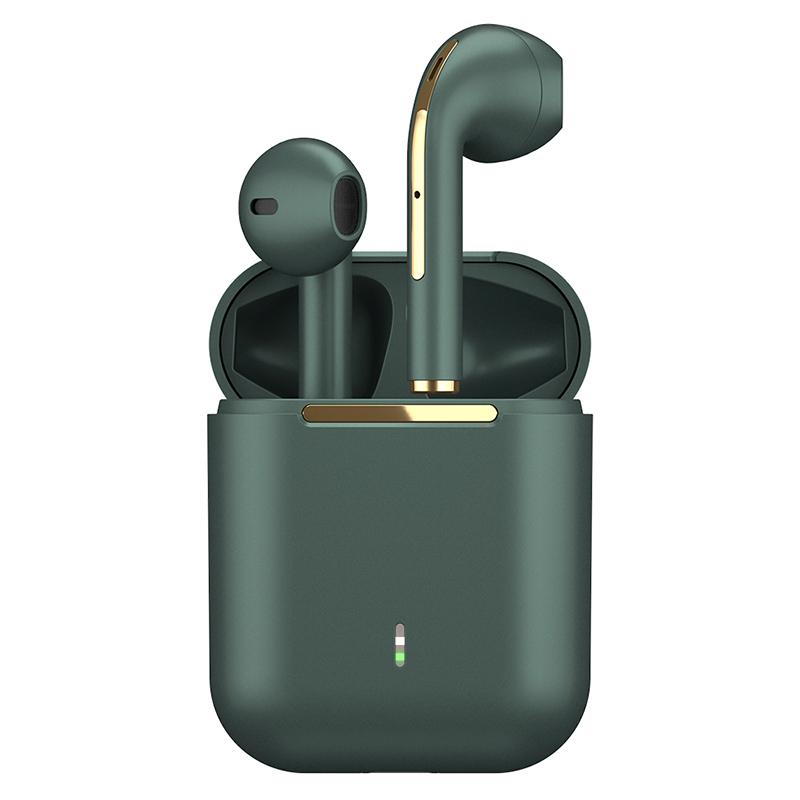
The Nintendo Switch, by default, does not support Bluetooth audio. This limitation can be frustrating for users who prefer the convenience and freedom of wireless headphones. However, there are several workarounds and solutions that can help you connect your Bluetooth headphones to the Switch.
Methods to Connect Bluetooth Headphones to the Nintendo Switch
1. Using a Bluetooth Adapter
One of the most straightforward methods to connect Bluetooth headphones to the Nintendo Switch is by using a Bluetooth adapter. These adapters are small devices that plug into the Switch's headphone jack or USB-C port and transmit audio signals to your Bluetooth headphones.
Steps to Connect Using a Bluetooth Adapter:
1. Purchase a Compatible Bluetooth Adapter: Ensure that the adapter you choose is compatible with the Nintendo Switch. Some popular options include the HomeSpot Bluetooth Adapter and the Genki Audio Bluetooth Adapter.
2. Plug in the Adapter: Depending on the type of adapter, plug it into the Switch's headphone jack or USB-C port.
3. Pair the Adapter with Your Headphones: Follow the instructions provided with the adapter to put it into pairing mode. Then, put your Bluetooth headphones into pairing mode as well. The adapter should automatically connect to your headphones.
4. Test the Connection: Once paired, test the connection by playing a game or watching a video on your Switch. Ensure that the audio is clear and there is no noticeable lag.
2. Using a Bluetooth Transmitter
Another method is to use a Bluetooth transmitter. These devices work similarly to Bluetooth adapters but are often more versatile and can be used with other devices as well.
Steps to Connect Using a Bluetooth Transmitter:
1. Purchase a Bluetooth Transmitter: Look for a transmitter that supports low-latency audio to minimize any delay between the game and the audio. The Avantree Leaf and TaoTronics Bluetooth 5.0 Transmitter are good options.
2. Connect the Transmitter to the Switch: Plug the transmitter into the Switch's headphone jack or USB-C port.
3. Pair the Transmitter with Your Headphones: Put the transmitter into pairing mode and then put your Bluetooth headphones into pairing mode. The devices should connect automatically.
4. Verify the Connection: Play a game or video to ensure the audio is synced correctly and there is no lag.
3. Using a Docked Mode Solution
If you primarily use your Nintendo Switch in docked mode, you can connect Bluetooth headphones through your TV or an audio receiver.
Steps to Connect in Docked Mode:
1. Check Your TV's Bluetooth Capabilities: Some modern TVs have built-in Bluetooth support. If your TV supports Bluetooth, you can pair your headphones directly with the TV.
2. Use a Bluetooth Transmitter with Your TV: If your TV does not have Bluetooth, you can use a Bluetooth transmitter. Connect the transmitter to the TV's audio output (usually a headphone jack or optical audio port).
3. Pair the Transmitter with Your Headphones: Put the transmitter and your Bluetooth headphones into pairing mode and connect them.
4. Test the Audio: Ensure that the audio from the Switch is being transmitted to your headphones without any lag.
Benefits of Using Bluetooth Headphones with the Nintendo Switch
1. Wireless Convenience
One of the most significant advantages of using Bluetooth headphones is the freedom from tangled wires. This convenience allows you to move around freely without being tethered to the console, enhancing your overall gaming experience.
2. Improved Audio Quality
Many Bluetooth headphones offer superior audio quality compared to the built-in speakers of the Nintendo Switch. This improvement can make a significant difference, especially in games with rich soundscapes and detailed audio effects.
3. Private Listening
Using Bluetooth headphones allows for private listening, which is particularly useful if you share your living space with others. You can enjoy your games without disturbing those around you.
4. Enhanced Portability
Bluetooth headphones are generally more portable than wired ones. They are easier to pack and carry, making them an excellent choice for gaming on the go.
Practical Tips for Using Bluetooth Headphones with the Nintendo Switch
1. Choose Low-Latency Headphones
Latency is the delay between the audio signal being sent and received. High latency can result in noticeable audio lag, which can be detrimental to your gaming experience. Look for Bluetooth headphones that support low-latency codecs like aptX Low Latency.
2. Keep Your Headphones Charged
Bluetooth headphones require regular charging. Ensure that your headphones are fully charged before starting a gaming session to avoid interruptions.
3. Update Your Switch Firmware
Nintendo occasionally releases firmware updates that can improve the console's performance and compatibility with accessories. Keep your Switch updated to ensure the best possible experience.
4. Test Different Adapters and Transmitters
Not all Bluetooth adapters and transmitters are created equal. If you experience issues with one device, try another to see if it offers better performance.
While the Nintendo Switch does not natively support Bluetooth audio, there are several effective methods to connect Bluetooth headphones to the console. Whether you choose to use a Bluetooth adapter, transmitter, or connect through your TV in docked mode, you can enjoy the benefits of wireless audio. By following the steps outlined in this article and considering the practical tips provided, you can enhance your gaming experience with the convenience and quality of Bluetooth headphones.

